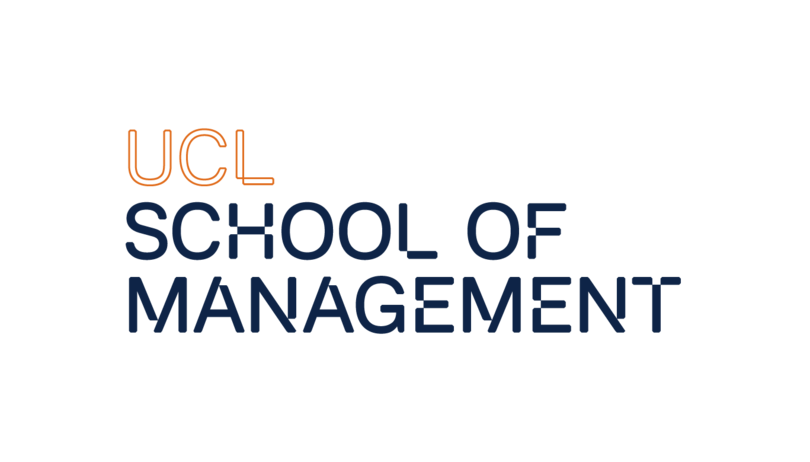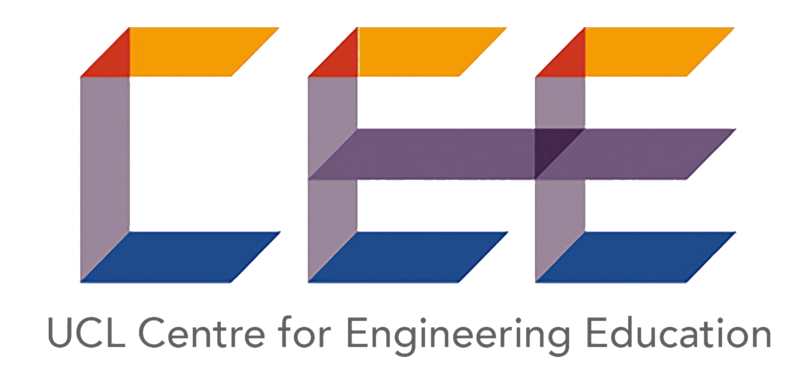Critical skills
Accounting Streams seeks to reimagine accounting education for contemporary society, towards developing valuable skills in students.*
- historical and cultural awareness
- appreciation and empathy
- critical thinking and analysis
- analytical thinking and innovation
- problem solving and ideation
- technology
Reimagining accounting education
‘Streams’ stands for Sharing, Transparency, Reporting and Ethics. Accounting for Management and Society.
Educators – access our instructor resource centre for exercises and teaching materials only available to logged-in instructors.
Contributors
This publication would not have been possible without our contributors who have given their time and expertise to make it a reality.
Preface
Discover how Principles of Accounting is redefining accounting education.
Introduction
Our editors explain why now is the most exciting time to study accounting.
Note to instructors
How Principles of Accounting is different from other accounting textbooks, how to cite it, and how to register for our instructor centre.
Accounting, accountants, and accountability
The evolving role of accounting
Accounting is everywhere. Discover why and how it shapes our world
What does it mean to be a professional accountant?
Explore the evolution of accounting and its profound impact on society
What is the role of data in organisations?
How data drives decision-making and transparency
What defines a reporting entity?
The concept of the reporting entity and its significance in shaping financial transparency and accountability
How does technology support creating accounts?
How data is transformed into actionable information and enhances decision-making processes
Financial reporting
Why do we need frameworks for financial reporting?
Understand accounting regulation, International Financial Report Standards (IFRS) challenges, and the Conceptual Framework
What is in financial statements?
Explore the purpose of financial statements, their role in accountability, and the key components of the Income Statement and Statement of Financial Position
How do we create financial accounts?
Learn how double-entry bookkeeping records transactions and understand year-end adjustments like accruals, prepayments, bad debts, and provisions
What are cash flow statements?
How to classify cash transactions and prepare a Statement of Cash Flows using both direct and indirect methods
What is meant by capital?
Different forms of capital, double materiality and Integrated Reporting's six categories of capital – beyond money and machines
How should we measure environmental and social costs?
Why organisations must account for their socio-ecological impacts, distinguish responsible accounting from greenwashing, and rectify misleading practices
What is carbon accounting?
Evaluate carbon measurement concepts, and explore how net zero strategies can be integrated into accounting advisory services
Why do organisations need assurance?
The importance of professional scepticism and judgement, the role of regulation and ethics, and the evolving capacity of assurance practitioners in enhancing accountability
How is financial information tailored for users?
The benefits and constraints of tailoring financial information, and the limitations of Generally Accepted Accounting Practice (GAAP) and non-GAAP metrics
What impacts the nature and content of financial reports?
The social licence to operate, the role of judgement in financial reporting, the impact of laws and standards, and the interaction between financial reporting and tax
How can reported data be used?
Unlock the power of financial statement analysis with ratios, make meaningful comparison, and use reported data to gain insights
How do accountants manage risk and uncertainty?
Considering the consequences of risk and uncertainty on accountants’ judgement
Management accounting
Approaches to management accounting
Budgeting and forecasting
Organisational and operational control
Budgeting and performance indicators as control mechanisms
What is sustainable management accounting?
Short term versus long term decisions
How can investment opportunities be compared?
Managing risk, volatility and narrative explanation
About the project
We are a global group of accounting educators and researchers who embrace the social, moral and technical aspects of accounting in our work to engage with matters of sustainability and accountability. Carnegie, 2022
Accounting Streams team
We engage with contemporary issues related to accountability, organisations, and society, by exploring the inherent tensions and trade-offs.
Leadership
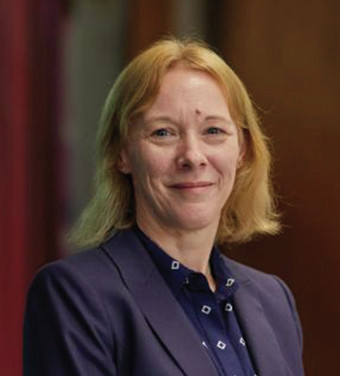
Professor Susan Smith, UCL

Professor Richard Murphy, University of Sheffield
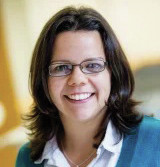
Jennifer (Jenni) Rose, University of Manchester
Advisory group

Professor Joan Ballantine, Ulster University
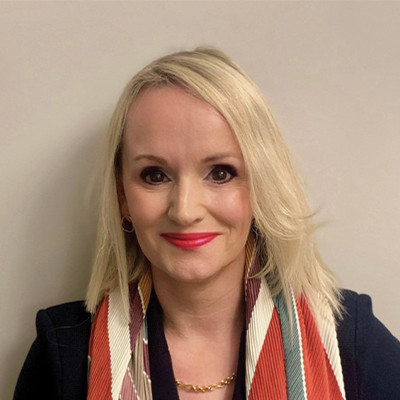
Dr Karen Brickman, University of Greenwich

Dr Peter Ellington, University of East Anglia

Dr Mengyuan Feng, University of Glasgow

Professor Florian Gebreiter, Durham University

Dr Galina Goncharenko, Aston University

Professor Jim Haslam, Durham University

Professor Trevor Hopper, University of Sussex

Dr Irsyadillah Irsyadillah, Universitas Syiah Kuala

Professor Angela Lorenz, University of Warwick

Professor Narayanaswamy, Indian Institute of Management

Dr Seun Osituyo, University of Sussex
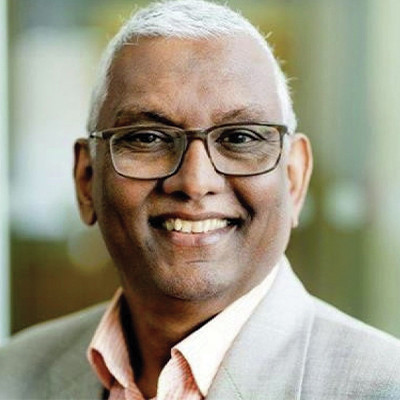
Professor Atul Shah, City University

Professor Ian Thomson, University of Dundee

Lisa Wakefield, University of Leicester

Toby York, University of Middlesex


